Both Boeing and Airbus use titanium for many aircraft components and have been doing so for decades. So why are they nervous about it now?
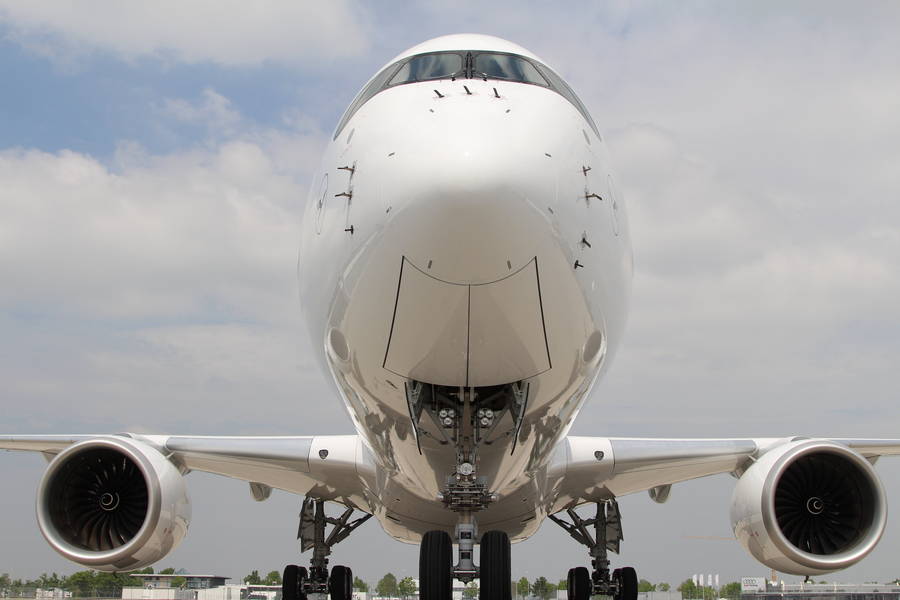
There is no question that the use of titanium in aviation has been increasing over time. Not only is the metal relatively scarce, but its machining and other processing also pose many challenges. Titanium easily forms bonds with other elements, which sometimes helps. But this is also a headache because it often wants to make these bonds during machining and other processing steps.
Before Airbus or even Boeing began using it, Lockheed made strides in titanium processing for aviation. The company had to invent many of the tools and processes, from scratch. Also, it had to do all this in secrecy, since the program in question was the SR-71 spy plane. And intriguingly, Lockheed sourced a lot of the titanium from then-Soviet Russia, through several intermediary companies.
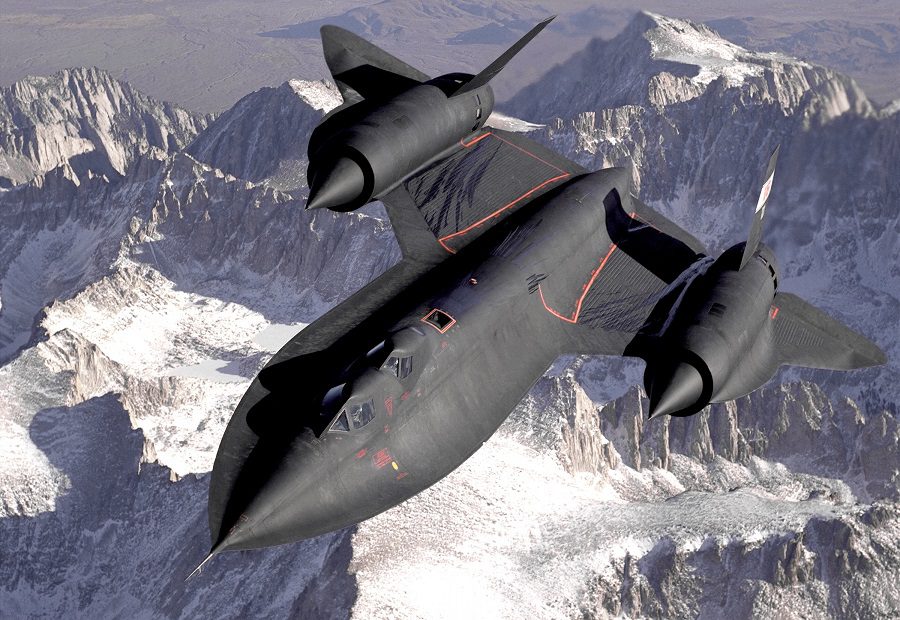
Airbus, Boeing And Titanium Today
The cold war is long over today. But a lot of the world’s titanium ore still comes from the same places. And both Boeing and Airbus get a significant proportion of their titanium supply from Russia. Newer aircraft designs rely more and more on lightweight materials, like carbon composites. Titanium, too, is lighter than other metals and has other key properties making it desirable for high-heat applications.
In the Dubai Airshow last year, Boeing signed a memorandum of understanding (MoU) with VSMPO-AVISMA. The company is a titanium producer in Russia, supplying both Boeing and Airbus. Not too long ago, some sources suggested that VSMPO-AVISMA provided over half of Boeing’s needs in the material. More recent sources are a bit more vague. But the company’s MoU with Boeing suggests that it still is Boeing’s biggest single supplier.
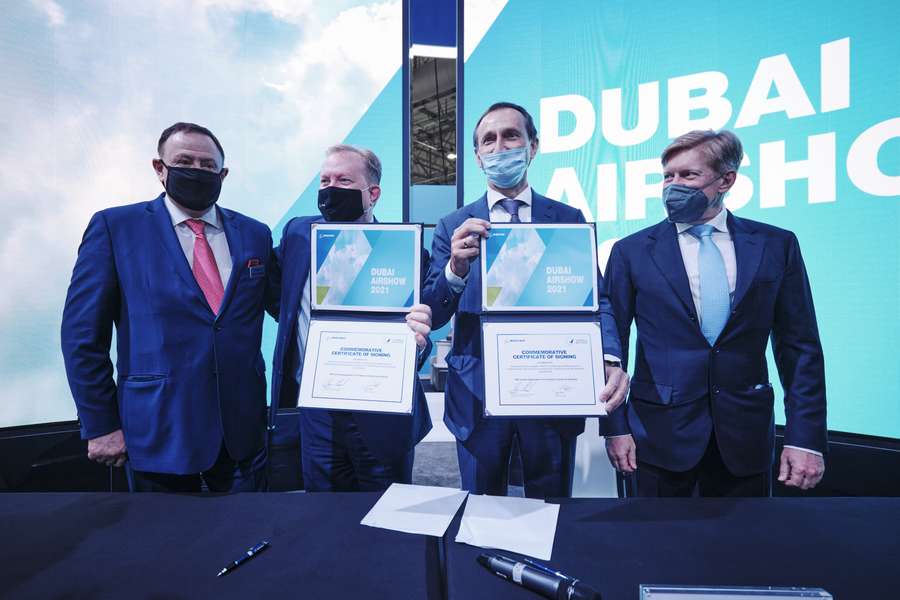
Like Boeing, Airbus gets a lot (most?) of its titanium from the same company. And the recent tensions from developments in Ukraine have raised the possibility of sanctions to Russia. In such an eventuality, the two aircraft manufacturers worry that they could lose access to a key link in their supply chain.
Of course, this development isn’t really new. Boeing’s MoU is from back in November. But both Airbus and Boeing have been warning governments and officials about the importance of titanium in their manufacturing. Boeing last made such a warning publicly at the end of January. However, industry sources say that both manufacturers have been stockpiling titanium for some time.
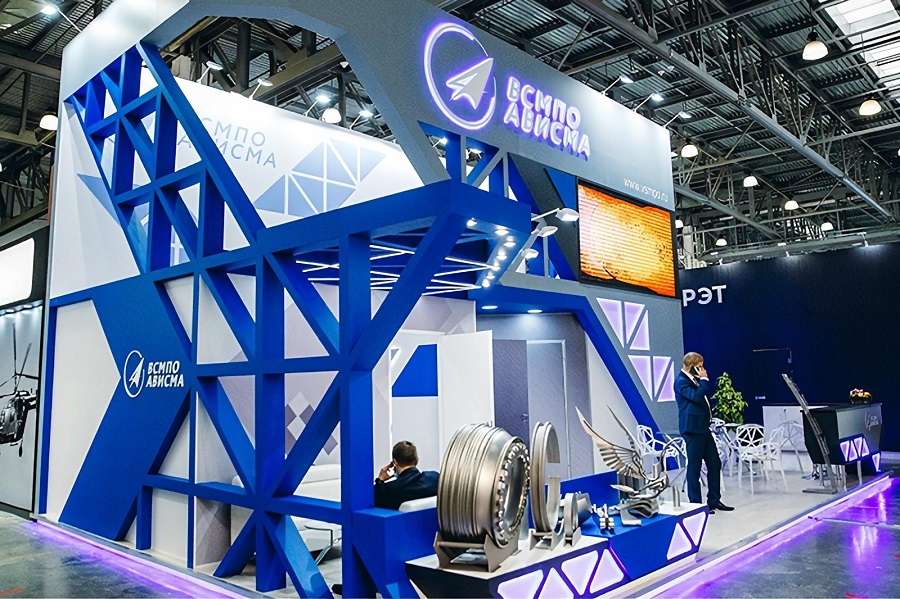
More Than A Source Material Issue
This should give Boeing and Airbus some valuable time if further developments starve them of Russian titanium. On the eve of the Singapore Airshow, Boeing Commercial Airplanes head Stan Deal was more reassuring. He said:
“We’ve got a very diverse titanium supply now. I will tell you that diversity gives us an opportunity to work through any disruption in the supply chain relative to titanium.”
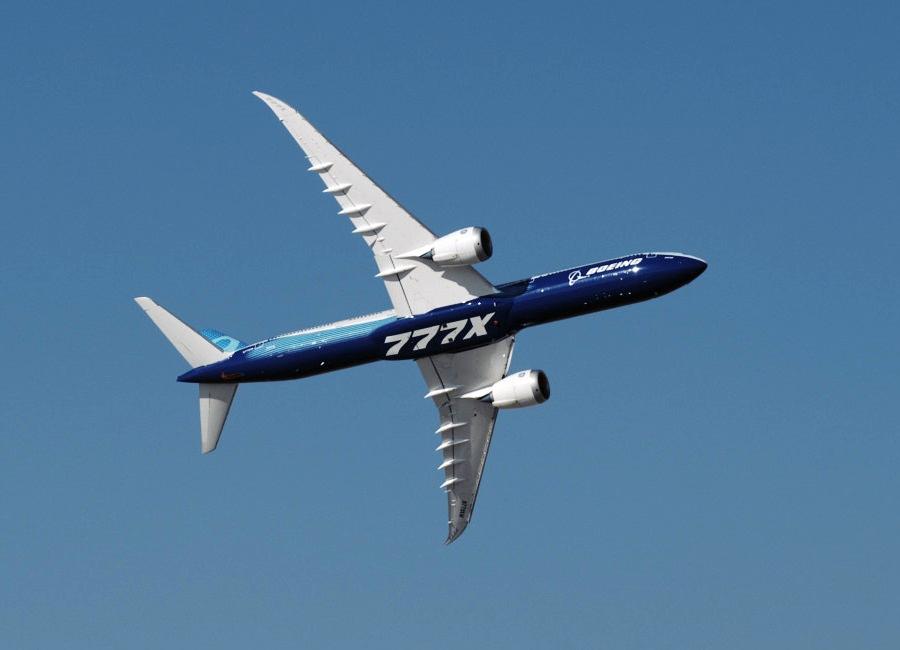
Similarly, Airbus CCO Christian Scherer said that “Fundamentally, [Airbus is] not concerned about the structural issue”. But diversifying supply goes a lot further than simply sourcing titanium, as a raw material. VSMPO-AVISMA has long evolved its activities to include processing the material. So it is supplying components at various stages of processing.
So for Airbus and Boeing to diversify titanium supply, they have to ensure its availability throughout the supply chain. That includes everything necessary to get the completed, certified parts on their aircraft. Most jet engine manufacturers also have relationships with the Russian company, for their needs in the material.
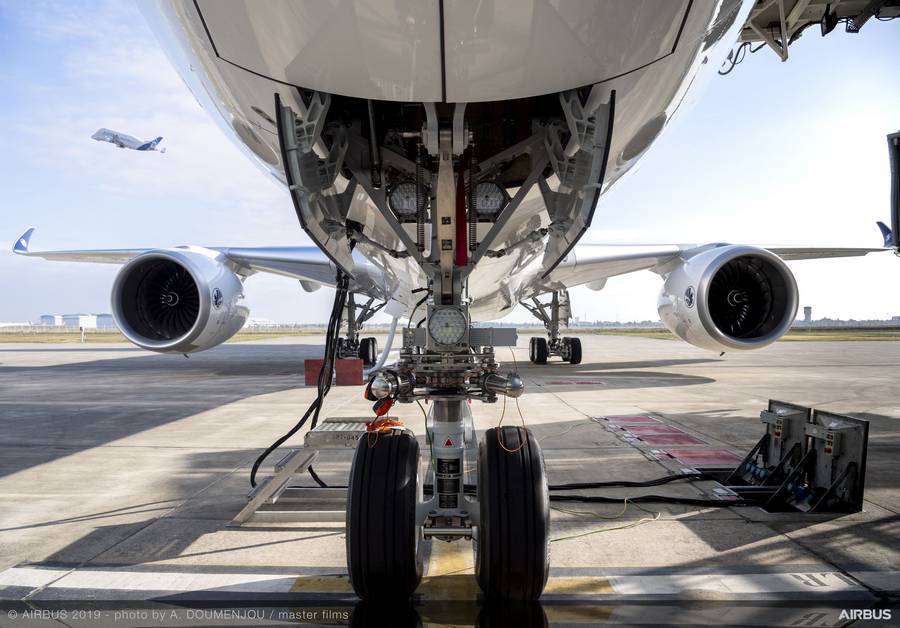
Nevertheless, these developments on the world stage have been ongoing for some time. So Boeing and Airbus have had time to [re]organize their titanium supply. However, after the pandemic, the generational changes in aircraft models and the ramp-up of production, both manufacturers have worries about their suppliers, in general. So even if there are workarounds with titanium, Boeing’s Stan Deal says the company is alert to other “possible pinch points” in the supply chain.



